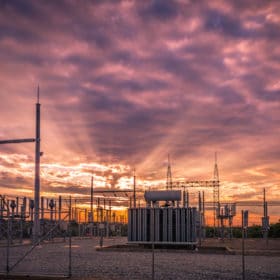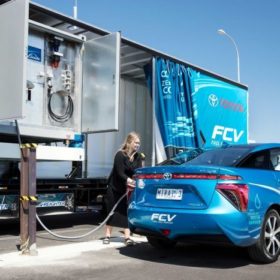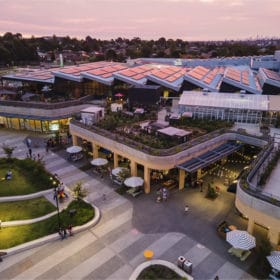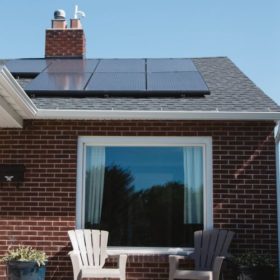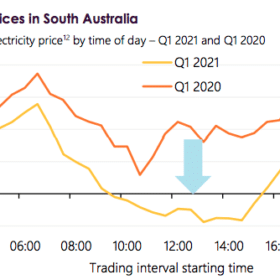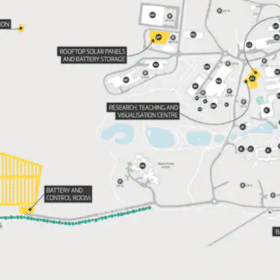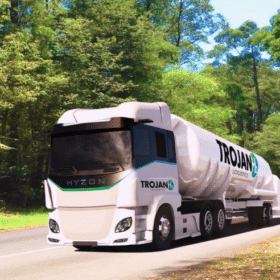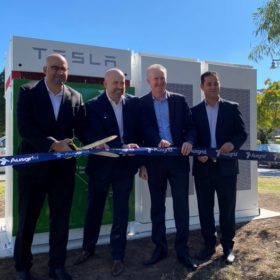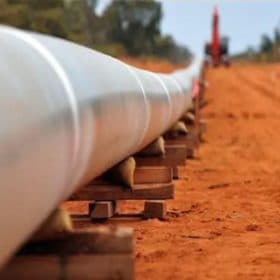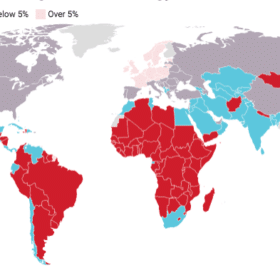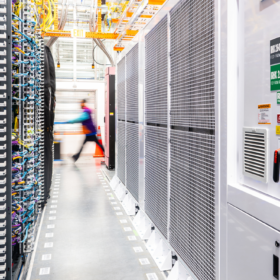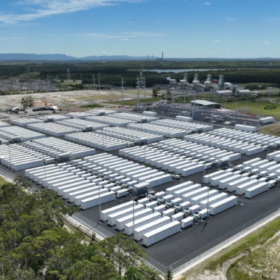Long-awaited design for Australia’s energy transition published, coal plant subsidy stirs outcry
Two years in the making, Australia’s Energy Security Board today published its shortlist of options for redesigning the electricity market. “Our energy system is experiencing the fastest and most substantial change in the world,” the Board’s Independent Chair, Dr Kerry Schott, said. Addressing this, the paper essentially outlines a number of ways in which Australia could structure its transition to renewables smoothly and reliably. Stakeholders will now be able to provide the feedback on the options before the Board makes it recommendations to ministers in the middle of the year.
Smart Energy Council reveals list of partners for its green hydrogen certification scheme
Australian peak body, the Smart Energy Council, has this morning revealed the details of the initial global and domestic partners for its hydrogen Zero Carbon Certification Scheme. The scheme seeks to provide a guarantee of origin for hydrogen, ammonia and other derivative products like steel, in preparation of Australia becoming a global hydrogen export hub.
Changing the metrics of desirability: Melbourne’s Burwood Brickworks achieves momentous certification
The eastern suburbs of Melbourne are now home to the most certifiably sustainable shopping centre in the world. But to think of it only in those terms hardly does the project justice – rather, Melbourne is now home to a building which defies the limits of its own concept, imploring people to reconsider the value metrics through which space, cities and perhaps even lifestyles are appraised.
Error in ‘solar tax’ calculations may leave homes with no export profits, analysis finds
The impacts of Australia’s proposed “solar tax” may have been greatly underestimated, according to a report from the Victoria Energy Policy Centre. The institute says proposed rule change is “likely to leave solar homes with little or no income from rooftop solar exports” as feed-in tariffs drop.
South Australia sets record as rooftop solar sees electricity prices consistently plunge below zero
Rooftop solar has caused South Australia’s average daytime prices fell below zero consistently for the first time in the NEM’s history, the Australian Energy Market Operator said in its quarterly report released today.
Deakin University’s enterprising plans for its new microgrid
Microgrids afford an opportunity to essentially become a power station operator. That opportunity, says Dr Adrian Panow, the Director of Deakin’s Energy Initiative, unearths a number of urgent questions ranging from the technical all the way to the ethical. They are questions cross-faculty researchers at Deakin University, now home to a sizeable microgrid, plan to interrogate.
Melbourne company signs deals to position itself as Australia’s leading carbon-free green hydrogen transporter
Melbourne-company Trojan H2 Logistics has today announced two separate industry deals to deliver both fuel-cell hydrogen transport trucks as well as hydrogen refuelling stations along Australia’s East Coast.
Second community battery unveiled in NSW trial
New South Wales network operator Ausgrid has unveiled its new community battery in Bankstown, south west of Sydney. The battery is the second of three to rollout as part a government trial to allow solar customers to store their extra energy at no additional cost.
Indonesia-focused oil company enters Australia’s green hydrogen space, investors applaud
Indonesia-focused oil company, Lion Energy, today announced it had raised $2.8 million to explore opportunities in green hydrogen in Australia and Indonesia.
Australia ‘in a league of its own’ with renewables potential, positioned to be ‘battery of the world,’ new report finds
Solar and wind could meet the global energy demand 100 times over, a new report from the Carbon Tracker Initiative has found. Australia, in particular, is uniquely positioned to capitalise on the transition as one of the few developed countries with vast renewable potential and a low population.

